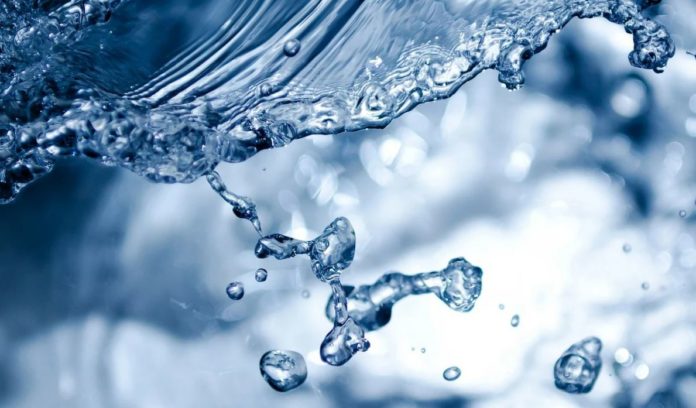Scientists have found that plain drinking water suppresses a hormone that causes obesity and diabetes. It turns out that it can be an effective means of preventing and treating the so-called life-threatening metabolic syndrome for many human beings.
Researchers at the University of Colorado Anschutz Medical Campus have found that fructose stimulates the release of vasopressin, a hormone linked to obesity and diabetes, while water can suppress the hormone and alleviate these conditions in mice.
“The clinical significance of this work is that it may encourage studies to evaluate whether simple increases in water intake may effectively mitigate obesity and metabolic syndrome”
explains lead author of the research, Dr. Miguel A. Lanaspa of the University of Colorado School of Medicine.
The metabolic syndrome is a group of disorders that increase the risk of heart disease, cerebrovascular accidents and diabetes type 2. These disorders include increased blood pressure, high blood sugar, excess body fat around the waist and levels abnormal cholesterol.
The function of vasopressin is to maintain a stable level of water in the body. Scientists decided to clarify why it is elevated in people with obesity and diabetes.
For that, they fed mice with sugar water with fructose. This substance stimulated the brain to produce the hormone, which, in turn, stored water as fat causing dehydration that triggered obesity. Treating the mice with unsweetened water, on the other hand, reduced obesity.
It is the first time that scientists have shown how vasopressin interacts with dietary sugar to cause obesity and diabetes, Lanaspa notes. They also discovered the role of the V1b receptor in the process.
“This receptor has been known for a while but no one has really understood its function. We found that mice lacking V1b were completely protected from the effects of sugar. We also show that the administration of water can suppress vasopressin and both prevent and treat obesity”
added the researcher.
Scientists also concluded that dehydration can stimulate fat formation, which explains why vasopressin is so high in desert mammals as they do not have easy access to water. Vasopressin conserves water by storing it as fat.
- Does This Mean We Stopped Being Animal and Started Being Human Due to ‘Copy Paste’ Errors?
- The One Lifestyle Choice That Could Reduce Your Heart Disease Risk By More Than 22%
- Aging: This Is What Happens Inside Your Body Right After Exercise
- Immune-Boosting Drink that Mimics Fasting to Reduce Fat – Scientists ‘Were Surprised’ By New Findings
- Gun Violence in America: What They Don’t Talk About at the Debate
These data fit with observations showing that obese people often have signs of dehydration. It also explains why high-salt diets can cause obesity and diabetes.
“The best way to block vasopressin is to drink water. his is hopeful because it means we may have a cheap, easy way of improving our lives and treating metabolic syndrome”
Lanaspa stressed.
The study was published in the journal JCI Insight.
